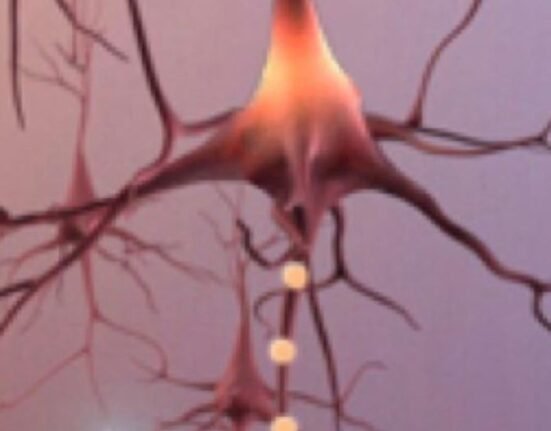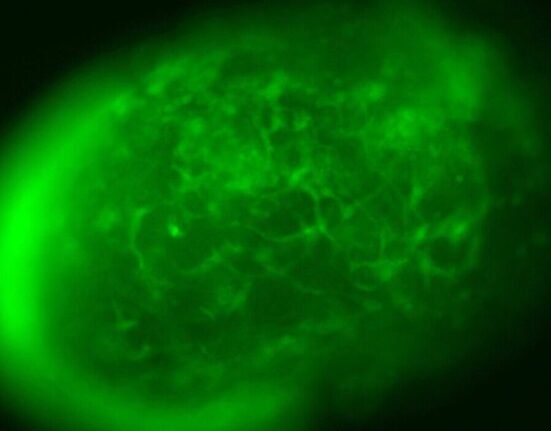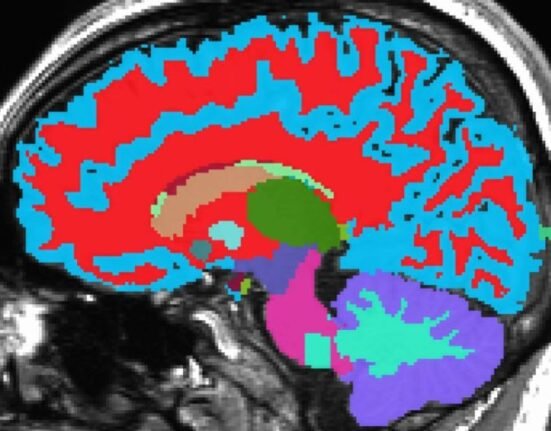HQ Team
September 26, 2023: Researchers at Sweden’s Lund University have identified a new biomarker to detect Parkinson’s disease before a person develops symptoms.
Globally, more than 10 million people are affected by the disease and there are no specific diagnostic tests. Parkinson’s is a neurodegenerative disorder — a condition that affects the neurons in the brain.
The disorder causes the neurons to deteriorate, leading to a progressive decline in the brain’s function and affects a person’s ability to move. Diagnosis is based on early symptoms and brain imaging and prognosis are difficult.
The neurodegenerative processes underlying these disorders begin several years before the onset of clinical symptoms, according to a Lund statement.
Even when clinical criteria are correctly applied, the frequency of misdiagnosis is high due to considerable symptom overlap with other disorders.
Early stage detection
There is an urgent need to improve the diagnosis of Parkinsonian disorders, particularly in the early disease stages, to apply disease-modifying therapies that prevent neurodegeneration.
As molecular changes in the brain are reflected in the cerebrospinal fluid (CSF), the CSF represents a valuable source of biomarkers .
It is a set of medical signs found in blood, urine, and other bodily fluids and can trace early diagnosis of neurodegenerative disorders such as multiple sclerosis, kidney disease and depression.
Measurable biomarkers include blood pressure, body weight and temperature while molecular biomarkers include biopsy readings and cholesterol levels.
Cerebrospinal fluid
“We have observed that an enzyme in cerebrospinal fluid and in blood is a useful marker for identifying all types of Parkinson ‘s-related diseases with high accuracy,” says Oskar Hansson, who led the study.
In the study, the marker called DOPA decarboxylase (DCC) was found to be elevated in individuals with Parkinson’s disease as well as in people with other diseases that result in dopamine deficiency in the brain.
However, the marker was normal in other brain diseases such as Alzheimer’s disease. The researchers noticed that DCC was elevated in individuals with Parkinson’s many years before they developed any symptoms.
The question troubling the researchers was whether it was “possible that a single biomarker can detect all types of diseases related to dopamine deficiency in the brain?”
“We have used advanced techniques that allow us to measure thousands of proteins simultaneously in a small amount of sample,” Hansson said.
Cognitive difficulties
The study was conducted on 428 individuals to identify biomarkers that can indicate whether a patient with motor disturbances or cognitive difficulties has damage to the dopamine system in the brain.
“We found that if a patient has a disorder in the dopamine system, the levels of the biomarker DDC increase, regardless of where they are in the course of the disease.
“An important discovery is that this biomarker can be measured in blood, where it is significantly increased, especially in Parkinson’s disease,” said Hansson, who is also a consultant at Skåne University Hospital.
The researchers’ findings were verified in an additional group of 152 individuals.
Dopamine system
They demonstrated that the new biomarker is also significantly increased in blood by analyzing blood plasma samples.
Damage to the dopamine system in the brain can also be detected through PET camera examinations. However, this is a very costly and complicated method that is only available at specialised memory clinics.
”Since the symptoms of various neurodegenerative brain diseases resemble each other, there is a significant risk of misdiagnosis and thus improper treatment.
“Therefore, it is crucial to find safer diagnostic tools and methods, and we are focusing on that in our research,” Hansson said.
“Moreover, I believe that in the future, different brain diseases will be treated even before the symptoms become apparent, and blood markers will be essential in identifying the right individuals in a simple and cost-effective manner.”
Parkinson’s symptoms start off slowly and develop over time. It involves dementia, tremors in the hands or fingers, slowed movement, loss of smell, sleeping








